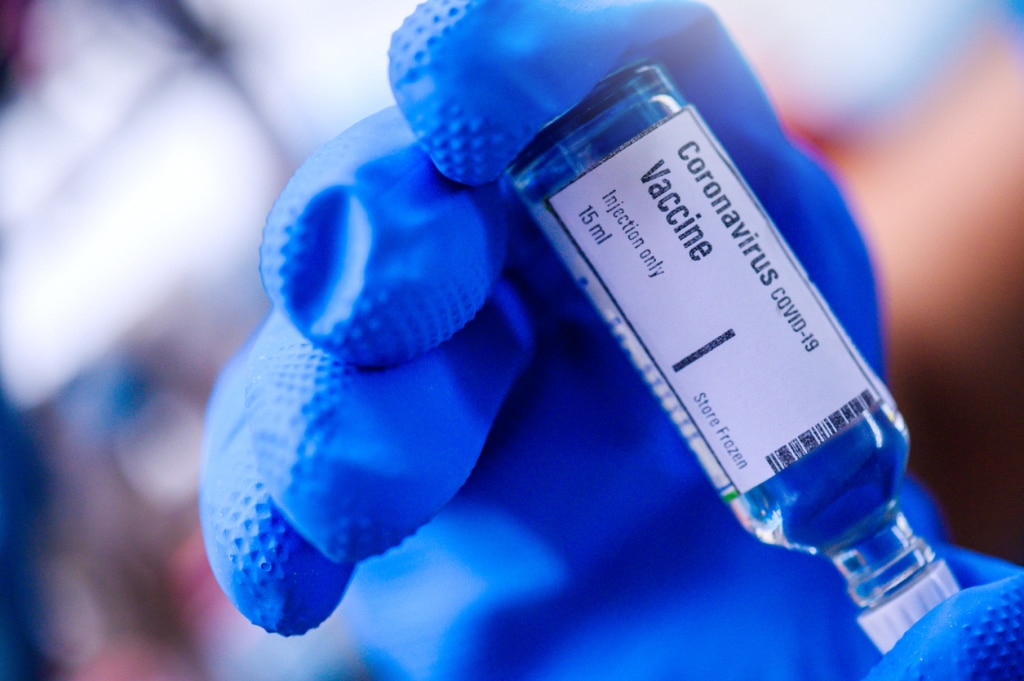Primary care physicians and the vaccine rollout

When the COVID-19 vaccinations were approved for distribution in December 2020, a rollout plan was developed to ensure that priorities were set for who would receive the vaccine and when. At the top of that list was the category of healthcare personnel. However, in the days since the initial vaccine was administered, there has been confusion as to exactly who is included in the first category. There have also been delays in the ability of primary care physicians to secure a vaccination shot for themselves and their staff.
In late December, the Centers for Disease Control and Prevention (CDC) advised that:
Based on recommendations from the Advisory Committee on Immunization Practices (ACIP), an independent panel of medical and public health experts, CDC recommends healthcare personnel be among those offered the first doses of COVID-19 vaccines. Healthcare personnel include all paid and unpaid persons serving in healthcare settings who have the potential for direct or indirect exposure to patients or infectious materials.
Shortly after the initial vaccine rollout, many hospitals across the country offered the shots to their entire staff, including many administrative personnel who did not have any contact with patients. Now, primary care physicians are frustrated because, even though they are in critical roles regarding the coronavirus outbreak and its effect on their patients, they are not able to get vaccinated themselves.
Elation Health is here to help your primary care practice navigate through the COVID-19 practice with helpful guides on financial issues and telehealth implementation.
In a study conducted in December, researchers found that only 23% of primary care providers knew where they would be able to get their vaccine. Although the general guidance on vaccine protocol has come from the federal level, individual states are overseeing the actual distribution. Most states are focused on healthcare personnel in hospital settings, rather than those in independent practices.
One exception is the state of California, which in early January has instructed local health departments and providers to expand the prioritization of COVID-19 vaccinations to include:
- Primary care clinics
- Community healthcare workers
- Public health field staff
- Specialty clinics
- Laboratory workers
- Dental clinics
- Pharmacy staff.
California has administered a total of 586,379 vaccine doses. The California Department of Public Health (CDPH) says that a total of 2,052,025 doses, including the first and second dose required for vaccination, have been shipped to local health departments and facilities across the state.
Primary care physicians are understandably concerned about having access to the COVID-19 vaccination for themselves and for their clinical staff. A study conducted in May 2020 found that, out of more than 1,000 healthcare deaths, primary care physicians made up the highest percentage of provider deaths within the group.
Although frontline workers are considered to be hospital employees or emergency response personnel, primary care physicians also find themselves on the front lines of the coronavirus outbreak. Patients who can be tested at their primary care practice are much less likely to burden an already overwhelmed emergency healthcare system. These patients also carry the significant risk of contagion, potentially affecting the primary care provider as well as any staff who may be in contact with those patients.
When primary care physicians and their staff are vaccinated against the COVID-19 virus, they will be better able to play a more significant role in helping their patients remain out of the emergency room and out of the hospital. Given more information about vaccine availability and more access to the vaccine itself, they can also be more involved in helping their patients understand when and how to get the vaccine as the rollout plan moves forward.






